- Home

- Postnatal Care

- Postpartum Care: What to Expect & How to Recover
In this Article
Postnatal Care
Postpartum Care: What to Expect & How to Recover
Updated on 24 March 2023



Medically Reviewed by
Dr. Vani Puri
Obstetrician- Gynecologist, Infertility Specialist - MBBS| DGO, DNB
View Profile

For ages, a lot of emphasis has been given to postpartum care because delivering a healthy baby successfully is quite an achievement for both mother and her baby. The entire process of pregnancy and delivery makes the immune system of women quite vulnerable and weak. A new mom needs ample time to let her body heal, replenish and rejuvenate from the entire process of childbirth.
In this article, we will discuss about the importance of postpartum care for mother, what changes can be expected and how to recover from childbirth.
What is postpartum care?
The postpartum period refers to the first six weeks after delivery or childbirth. While it is a time to celebrate the arrival of your little one, it is also a period of changes, recovery and healing for mothers. Postpartum care is all about adjusting to the physical and emotional changes that occur after childbirth and allowing the body to heal and get used to motherhood.
Why is postpartum care important?
Postpartum care for mother is essential because she will experience a myriad of changes in the first six weeks after childbirth. Devoting all your attention to your baby, resuming normal activities and not getting enough rest can set you back in recovery. It’s vital for all mothers to focus on nourishing their bodies with a good diet, taking plenty of rest and caring for themselves to have a full and speedy postpartum recovery.
What to expect after delivery?
Your body will experience a plethora of physical and emotional changes after childbirth. To cope with these changes and recover fully, knowing what to expect is important:
1. Vaginal soreness
During childbirth, the vaginal area or perineum area (area between your vagina and anus) may tear or be cut to make the area wider. This may result in soreness and swelling postpartum. Sitting on an icepack or rinsing the area with warm water may provide relief.
2. Vaginal discharge
For up to 2-4 weeks after giving birth, you may notice vaginal discharge. This is nothing but the uterus eliminating any blood or residue tissue from your body. You can wear sanitary napkins until the discharge stops. Avoid using tampons or douching until your doctor approves.
3. Abdominal pain
As your uterus shrinks back to its normal size, you may experience cramping or pain in the lower abdomen. Applying a heating pad or hot water bottle can help relieve the pain.
4. Baby blues
It’s normal to experience baby blues after delivery. These are caused by hormonal changes and include symptoms like unexplained crying, sadness, restlessness, irritability and insomnia. Baby blues should pass within 2 weeks but if the symptoms last longer and are accompanied by feelings of guilt and worthlessness, consult your doctor about postpartum depression.
5. Constipation
It’s extremely common to experience constipation following childbirth. It can be caused by pain-relieving drugs or fear of tearing your stitches. Try eating fibrous foods and drinking plenty of water to stimulate bowel activity.
6. Hemorrhoids
Some women develop hemorrhoids (painful swelling of veins in the rectum) during pregnancy. Others can develop them during childbirth from the strain and pushing. They may cause pain and bleeding after bowel movements along with itching. Hemorrhoids should shrink over time. You should consult your doctor for pain relief.
7. Hormonal changes
Thanks to all the hormonal changes taking place inside your body, you may experience nighttime sweating, hair loss or mood swings after delivery. But don’t worry these are only temporary and will pass over time.
8. Hair loss and skin changes
It’s time for the elevated hormones to come back to normal levels, which means goodbye to pregnancy glow and hair. You may experience postpartum hair loss for a few months. Your stretch marks will start to fade to silver and pigmented skin and dark patches will also slowly fade.
9. Sore nipples and breasts
During the first few days of breastfeeding, it’s normal to experience sore nipples and breasts because of improper latching. Try changing positions or seek help from a latching expert. Warm compresses or a nipple cream may help soothe the pain.
10. Water retention
The swelling you experienced during pregnancy may not go away so soon. Also known as postpartum edema, you may experience water retention because of increased progesterone levels. This should go away within a week as hormones return to normal levels.
11. Mood swings
Childbirth can trigger a gush of powerful emotions. You may experience irritability, sudden crying, anxiety, sleeping troubles and mood swings during the postpartum phase. Try sharing your feelings with loved ones and focus on your postpartum care.
12. Weight loss
Sorry for the disappointment if you were hoping to lose all your pregnancy weight instantly after childbirth. Although you must have lost around 6 kg weight after birth and will continue to lose more weight over the next few weeks, returning to your pre-pregnancy weight is a long road.
Getting used to motherhood
Motherhood comes with its fair share of changes and challenges. To cope with these changes and adjust to motherhood, you should devote the first six weeks after childbirth to postpartum care.
Here are a few things you can do to speed up your postpartum recovery and transition to your new role as a mother:
1. Take rest
Nothing will heal your body more than sleep and rest. Follow the golden rule of sleeping when your baby sleeps and try get in as much rest as possible.
2. Ask for help
Feel free and entitled to ask for help from your partner, family and friends as you focus on your postpartum care. Allow your body the time it needs to heal while loved ones help you with baby care and household responsibilities.
3. Eat healthy
Consuming a healthy and balanced diet will promote your healing. Increase your daily intake of whole grains, proteins, fresh fruits and vegetables and fluid for the postpartum period.
4. Exercise
Start exercising after receiving the nod from your doctor. Until then you can go for a walk and enjoy the change of scenery.
To get more information about postpartum care and recovery, you can check Mylo Postpartum Care Plan that takes care of the new mother's needs and holistic well-being. It can help you with postpartum recovery, increased breast milk secretion, weight loss, improved gut health and constipation relief and postpartum depression.
Final Thoughts
Giving birth not only changes your body but also your life. Postpartum care is essential to allow your body to heal, adjust to the new life and help you excel in your new role as a mother. Enjoy this time with your baby and focus on your postpartum care.





Medically Reviewed by
Dr. Vani Puri
Obstetrician- Gynecologist, Infertility Specialist - MBBS| DGO, DNB
View Profile


Written by
Ravish Goyal
Official account of Mylo Editor
Read MoreGet baby's diet chart, and growth tips

Related Articles
Related Topics
RECENTLY PUBLISHED ARTICLES
our most recent articles
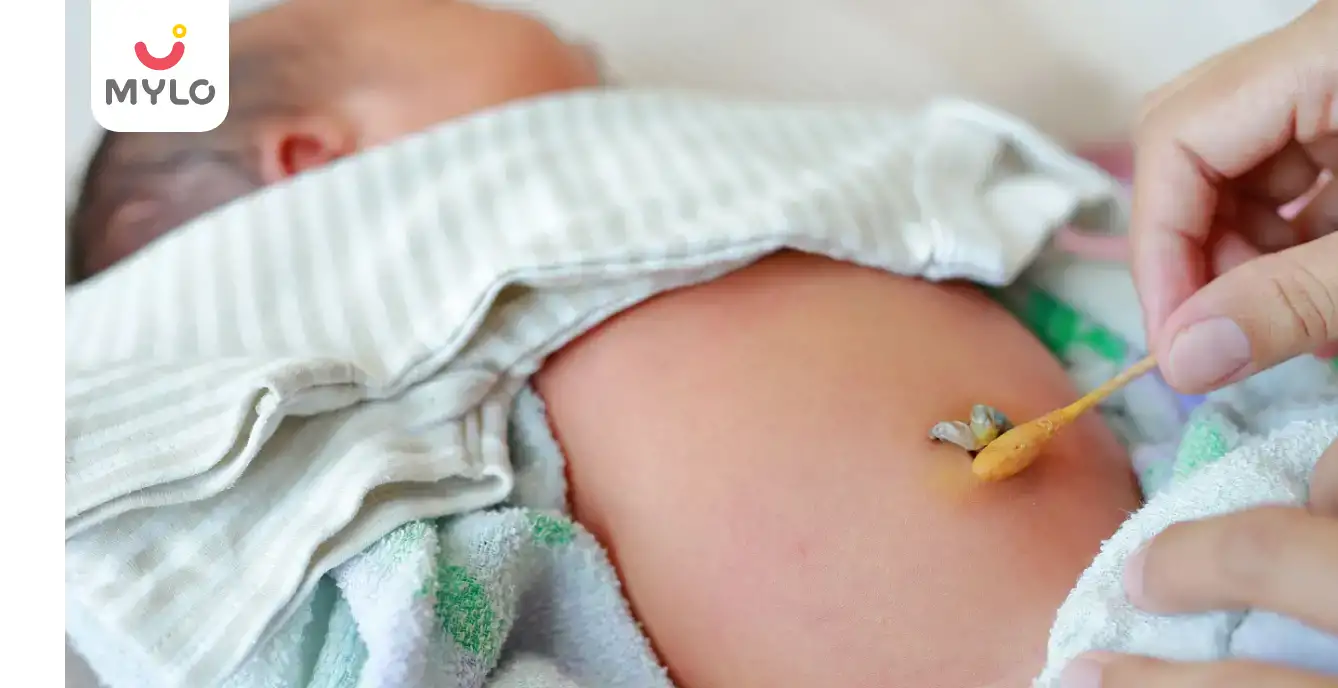
Umbilical Cord
Umbilical Cord: Risks, Benefits & Recovery
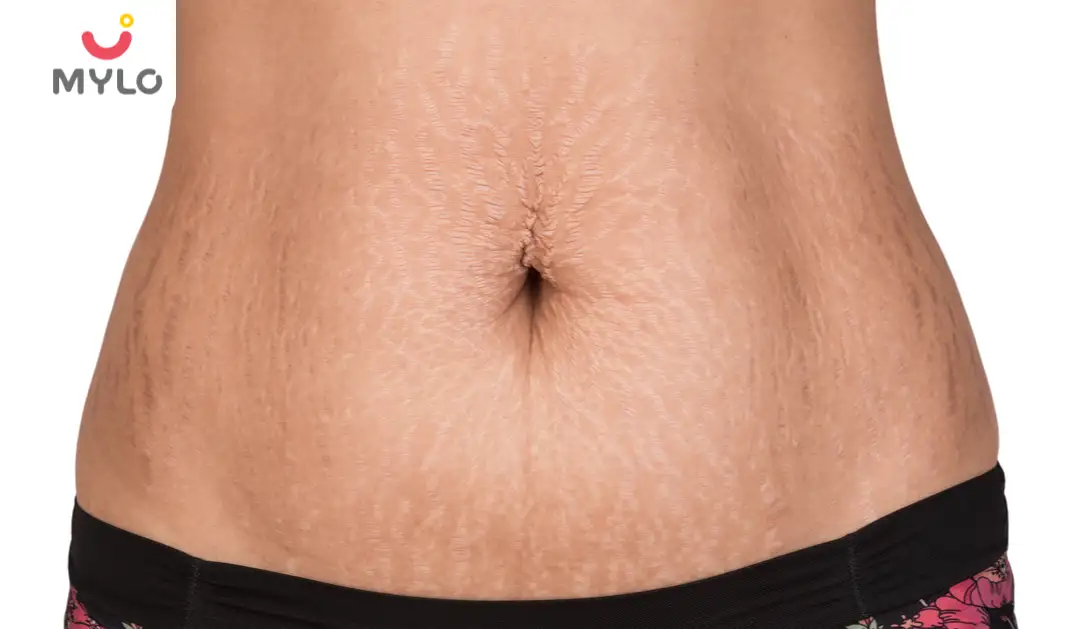
Stretch Marks
Stretch Marks Removal: Tips & Remedies
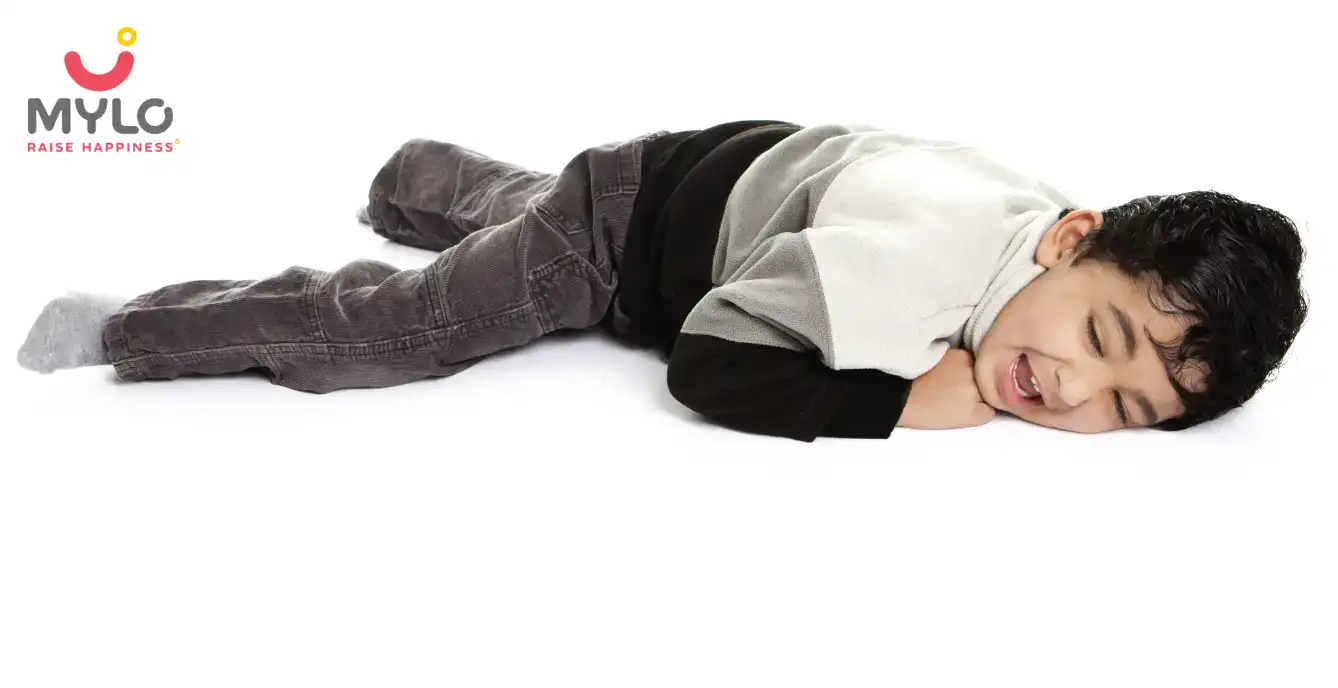
Fussy Baby
How Can Dads Calm A Fussy Toddler

General Father
How to prepare your older child for a new baby
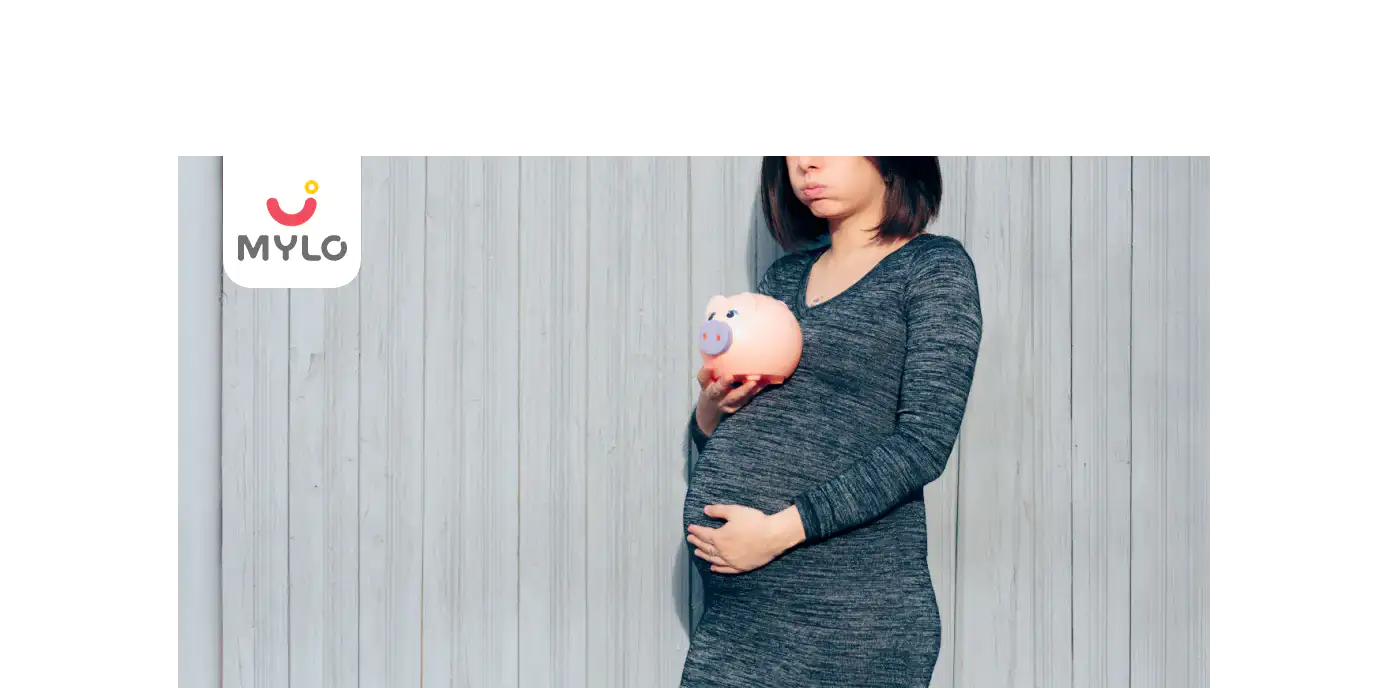
General Father
5 Financial Moves You Must Make Before Your Baby Arrives
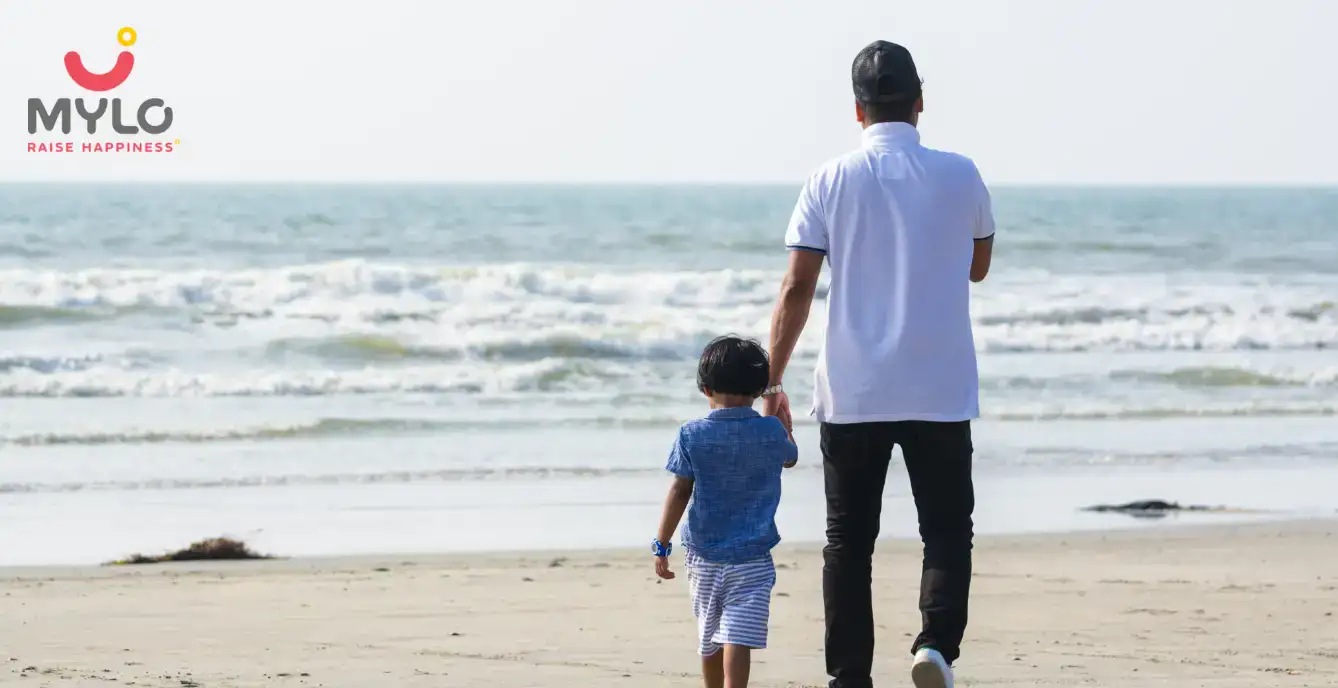
General Father
Daddy-Baby bonding from Pregnancy to Childbirth: Top 7 tips for you
- How to prepare your child for pre-school
- I am pregnant, can I still breastfeed my toddler?
- My toddler has bad breath. what should I do?
- When will my toddler learn how to scribble or draw?
- Can loud volume affect my toddler's ears?
- Running & Jumping Milestones for your toddler
- Activities to keep an active toddler occupied at home
- Girls' growth chart: 24 to 36 months
- What to do if your toddler is overweight?
- Electric toothbrush for Toddlers: Is it safe?
- Teaching good eating habits to your kids
- How to Introduce Books to Your Child?
- This is how you can talk to your child about strangers
- A healthy meal plan for your 2-year-old


AWARDS AND RECOGNITION
Mylo wins Forbes D2C Disruptor award
Mylo wins The Economic Times Promising Brands 2022
AS SEEN IN
















At Mylo, we help young parents raise happy and healthy families with our innovative new-age solutions:
- Mylo Care: Effective and science-backed personal care and wellness solutions for a joyful you.
- Mylo Baby: Science-backed, gentle and effective personal care & hygiene range for your little one.
- Mylo Community: Trusted and empathetic community of 10mn+ parents and experts.
Product Categories
baby carrier | baby soap | baby wipes | stretch marks cream | baby cream | baby shampoo | baby massage oil | baby hair oil | stretch marks oil | baby body wash | baby powder | baby lotion | diaper rash cream | newborn diapers | teether | baby kajal | baby diapers | cloth diapers |





